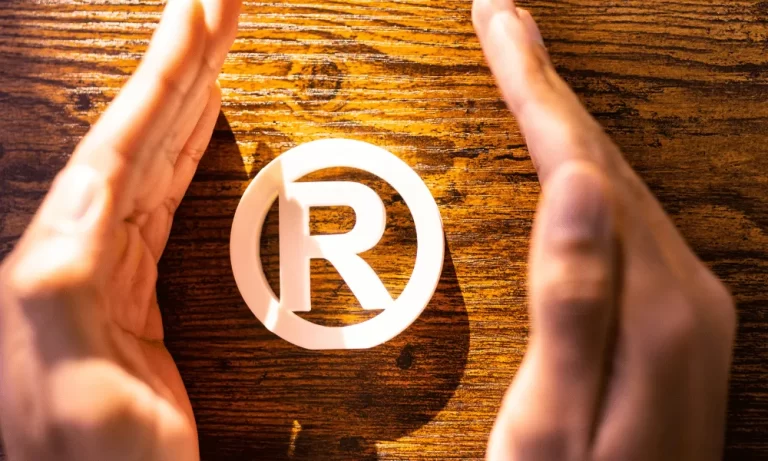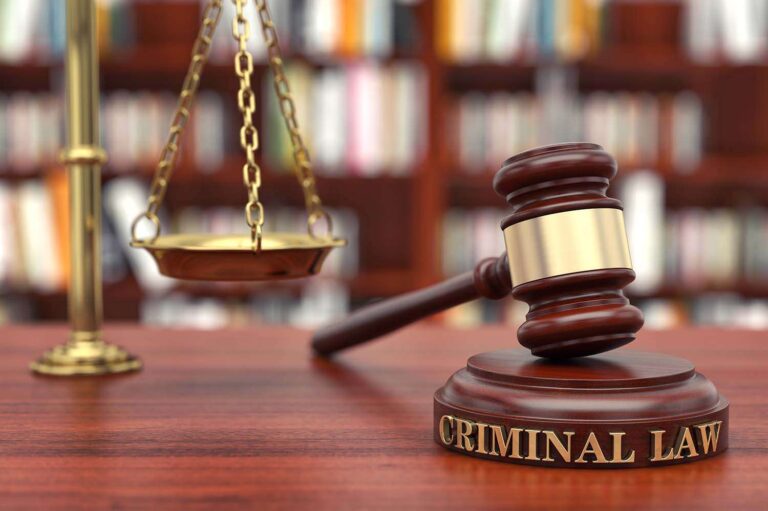Family law can be a complex and emotionally charged area of the legal system. Navigating cases involving divorce, child custody, and other family-related issues requires legal expertise, sensitivity, and strategic planning. Here are expert tips from seasoned family attorney to help manage family law cases.
Understanding the Basics of Family Law
Family law encompasses many issues, including divorce, child custody, alimony, etc. A comprehensive understanding of these areas is crucial for anyone involved in a family law case.
- Divorce Proceedings
Divorce is one of the most common aspects of family law. The process can be straightforward or complicated, depending on factors like the division of assets, alimony, and child custody arrangements. Engaging a skilled Divorce Attorney early in the process can help streamline negotiations and ensure a fair settlement.
- Child Custody and Support
Child custody cases are compassionate, as they directly impact the well-being of the children involved. Courts prioritize the child’s best interests, which often means considering factors such as the child’s relationship with each parent, the parents’ living situations, and each parent’s ability to provide a stable environment.
Expert Tips for Handling Family Law Cases
· Gather Comprehensive Evidence
Evidence is paramount in family law cases. This includes financial records, communication logs, and relevant documentation supporting your case. Detailed evidence can significantly impact the outcome, especially in contested divorces and child custody battles.
· Prioritize Communication
Open and respectful communication can often resolve issues before they escalate to court. Attorneys recommend mediation and negotiation as effective tools for reaching amicable agreements. Clear communication also helps maintain a cooperative relationship post-divorce, which is beneficial for co-parenting.
· Understand Your Rights and Obligations
Knowledge is power in family law cases. Understanding your legal rights and obligations can prevent mistakes that compromise your case. Consulting with a knowledgeable Family Attorney can clarify what to expect and how to navigate the legal process effectively.

· Focus on the Best Interests of the Child
In child custody cases, the court’s primary concern is the child’s welfare. It is crucial to demonstrate that you can provide a stable, loving, and supportive environment. This often involves showcasing your involvement in the child’s life, from daily care to educational and extracurricular activities.
Preparing for Court
· Organize Your Case
Preparation is vital when presenting your case in court. Organize all documents, evidence, and witness statements meticulously. A well-prepared case shows your commitment and helps your attorney present a strong argument on your behalf.
· Dress and Behave Professionally
First impressions matter in court. Dressing appropriately and behaving respectfully can influence the court’s perception of your character. It is essential to remain calm, composed, and respectful throughout the proceedings.
· Be Honest and Transparent
Honesty is critical in family law cases. Misrepresenting facts or withholding information can severely damage your credibility and case. Transparency with your attorney and the court helps build trust and can lead to more favourable outcomes.
Post-Case Considerations
· Implementing Court Orders
Once a court order is in place, it is essential to adhere to it strictly. Non-compliance can result in legal consequences and negatively impact future court proceedings. Understanding the details of the court order and following it diligently ensures a smoother post-case transition.
· Adjusting to New Arrangements
Adapting to new living and parenting arrangements can be challenging. Support systems, including family, friends, and counselling, can help ease the transition. Maintaining a positive outlook and creating a stable environment for children is vital.
· Reviewing and Modifying Orders
Life circumstances can change, necessitating a review or modification of court orders. Whether it’s adjusting child support due to a change in income or modifying custody arrangements, it is crucial to approach the court with any changes rather than making informal agreements.

Seeking Professional Help
· Choosing the Right Attorney
Selecting the right attorney can significantly affect the outcome of your family law case. Look for an attorney with a proven track record in family law, good communication skills, and a strategy that aligns with your goals. Personal referrals, online reviews, and consultations can help you to find a child custody lawyer for your needs.
· Legal Aid and Support Services
For those who cannot afford private legal representation, legal aid organizations offer assistance to low-income families. These services can provide legal advice, representation, and resources to help navigate family law cases effectively. It’s essential to research and utilize these resources if needed.
· Counselling and Mediation
Professional counselling and mediation services can be invaluable during family law disputes. These services help resolve conflicts amicably and reduce the emotional toll on all parties involved. Mediation, in particular, can lead to quicker, more amicable resolutions without prolonged court battles.
Financial Considerations
· Understanding Legal Fees
Legal fees in family law cases can vary widely based on the complexity of the case and the attorney’s experience. It is essential to discuss fee structures, retainer agreements, and potential additional costs upfront with your attorney. This transparency helps in budgeting and avoiding financial surprises.
· Managing Financial Disclosures
Accurate financial disclosures are critical in divorce and child support cases. Both parties are required to provide a full disclosure of their income, assets, and liabilities. This information forms the basis for fair financial settlements, alimony, and child support agreements.
· Post-Divorce Financial Planning
Post-divorce financial planning is crucial to ensure economic stability and independence. This includes revising budgets, understanding new tax implications, and seeking the advice of a financial planner. Proper financial planning can help adjust to the new economic realities after divorce.

Emotional and Psychological Support
· Handling Emotional Stress
Family law cases can be emotionally draining. Seeking support from therapists, support groups, and counsellors can help manage stress and emotional upheaval. It’s essential to prioritize mental health and well-being throughout the process.
· Supporting Children Through the Process
Children are often the most affected by family law disputes. Ensuring adequate emotional support and counselling can help them adjust to changes. Open communication, reassurance, and maintaining a routine can provide stability for children during these times.
· Building a Support Network
Building a solid support network of friends, family, and professionals can provide emotional and practical support during family law disputes. Leaning on a support network can help people cope with the changes and make decisions.
Legal Strategies for Success
· Collaborative Law
Collaborative law is an approach where both parties and their attorneys agree to resolve disputes amicably without going to court. This method encourages open communication and cooperation, often leading to more satisfactory outcomes for all involved.
· Litigation as a Last Resort
While litigation is sometimes necessary, it should be considered a last resort due to its adversarial nature and potential to escalate conflicts. Exploring alternative dispute resolution methods like mediation or collaborative law can be more beneficial in maintaining relationships and achieving amicable solutions.
· Post-Judgment Modifications
Post-judgment modifications may be necessary if circumstances significantly change, such as job loss, relocation, or changes in the child’s needs. Working with an attorney to file the appropriate petitions and navigate the modification process is essential.
Final Thoughts
Handling family law cases requires legal knowledge, emotional intelligence, and strategic planning. By following the expert tips provided by seasoned family attorneys, individuals can better manage the complexities of family law, protect their interests, and work towards fair and equitable solutions. Whether through mediation, collaborative law, or litigation, the goal is to achieve outcomes in the best interests of all parties involved, especially children.


















